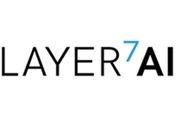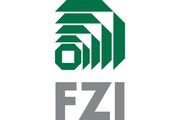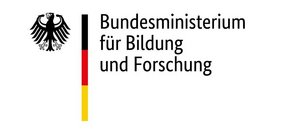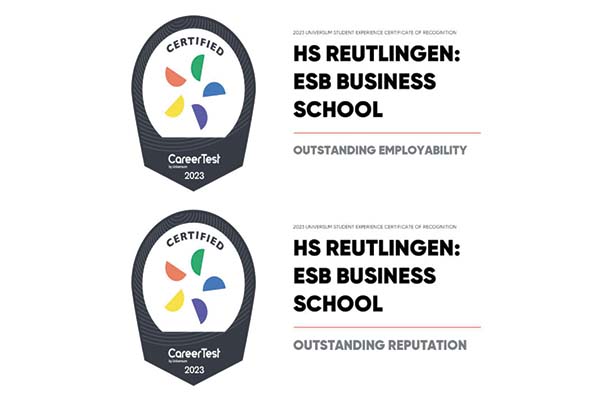MetaLearn
Artificial Intelligence (AI) for decision support in the parameterisation of production processes of complex, customised special products with small quantities.

The challenges for the production of high-quality customised products are great. The quantities of special products are usually small, and at the same time the specific adaptation of production is complex. The minimisation of set-up times and the avoidance of quality defects are crucial levers for production costs and production time. The challenge for companies lies in the complexity of the production process, which is influenced by many factors and whose interactions have hitherto been only incompletely understood.
MetaLearn uses artificial intelligence (AI) to detect these interrelationships and dependencies based on the available data (geometric component dimensions, material alloys, machine settings, room temperature, workpiece temperatures, etc.) and to derive improvements to the combination of parameters. This shortens set-up times and increases quality. For example, tool wear can be diagnosed with the help of image recognition, which guarantees high product quality and enables optimal use of tool life. In tool production, alloy, shape and machine parameters have a significant effect on the set-up time.

Aim of the project
The aim of the project is therefore to transfer AI methods for small data sets to this problem and to apply them using two applications from different sectors as examples (special tools and gearboxes). / Within both applications the challenges for production can be abstracted into similar classes of problems. The variety of problems is very large due to the differen product characteristics and the parameters to be considered in the production process. On the other hand, the amount of data available from production is small because the quantities are relatively small and data from the production process is in part only stored incompletely.
Three challenges arise:
Transfer of data-efficient AI algorithms.
Application of AI algorithms to predict optimal production parameters and identify all relevant input variables.
Learning a meaningful representation of the specific product (which has the strongest but at the same time most complex influence on the quality of the result)
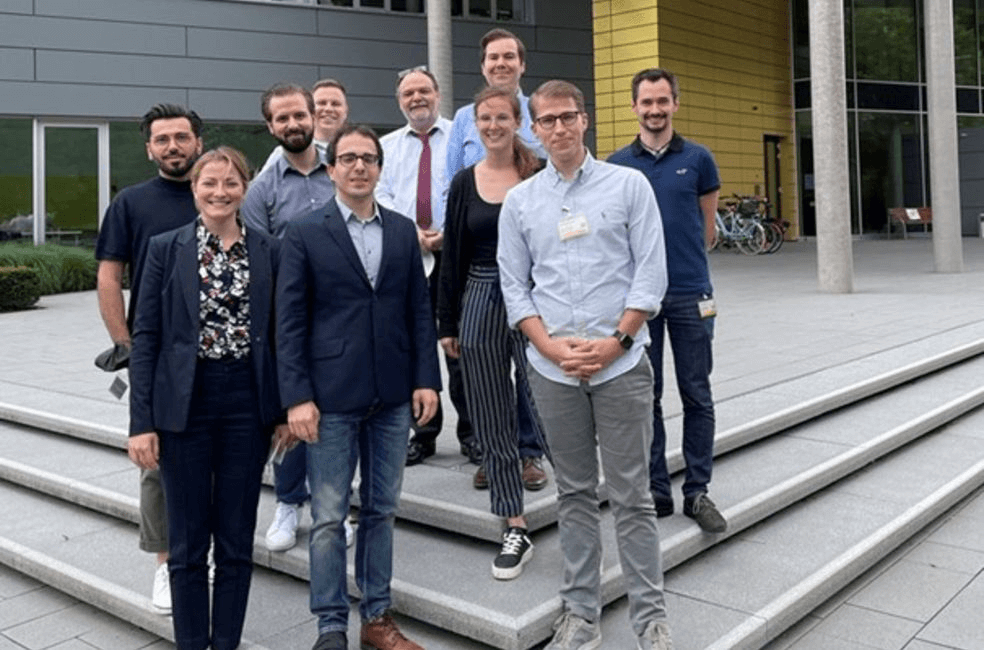
J. M. Voith SE & Co. KG: The operative business of the globally active technology group is concentrated in four group divisions: Voith Hydro, Voith Paper, Voith Turbo and Voith Digital Ventures. MetaLearn is being developed in the turbo division and will later be transferred to the other divisions in order to test the general validity of the findings within the project.
Paul Horn GmbH: The carbide tool factory Paul Horn GmbH develops and produces precision tools for technically demanding machining tasks.
Layer7 AI GmbH: The company is a founding member of the Cyber Valley Startup Network and its core business Layer 7 AI is the development of customised AI solutions in the field of Industry 4.0.
FZI Research Center for Information Technology: The FZI is a non-profit research institution for application research in the area of information technologies and official innovation partner of the Karlsruhe Institute of Technology (KIT). The FZI Knowledge Management department involved in this project focuses on the topics of machine learning and stream processing.
Your contact persons
The focus of the funding scheme of the "Learning Production Technology" - Use of Artificial Technology (AI) in Production (ProLern)", which was established with the help of the BMBF, is to increase the efficiency and functionality of machinery and equipment in manufacturing technology with the increased use of AI, e.g. with machine learning. The potentials of AI in manufacturing will be demonstrated and tapped at an accelerated pace.


